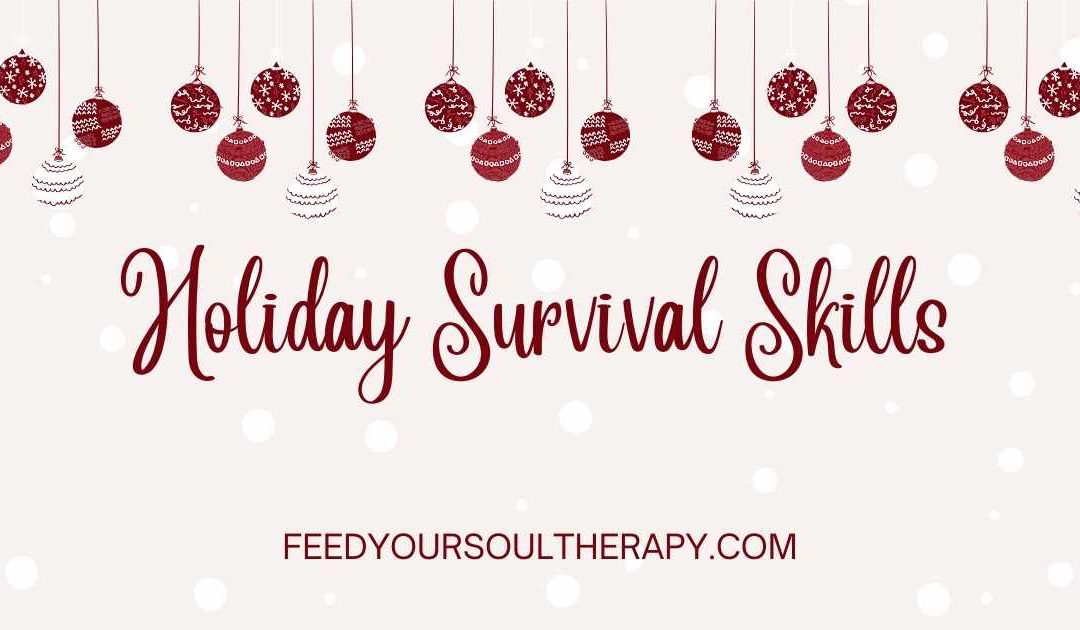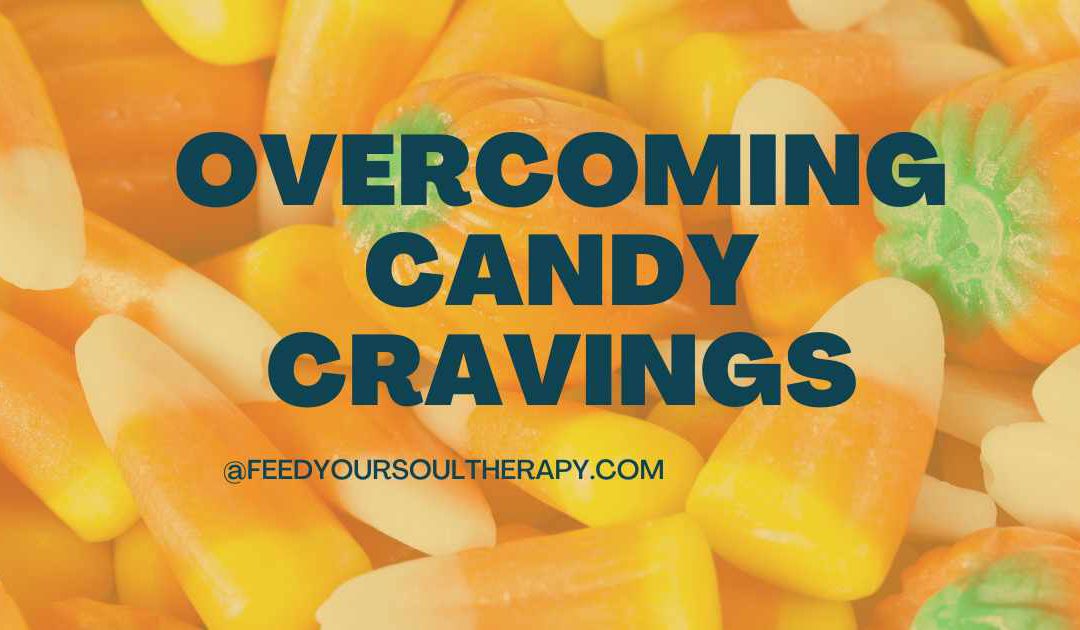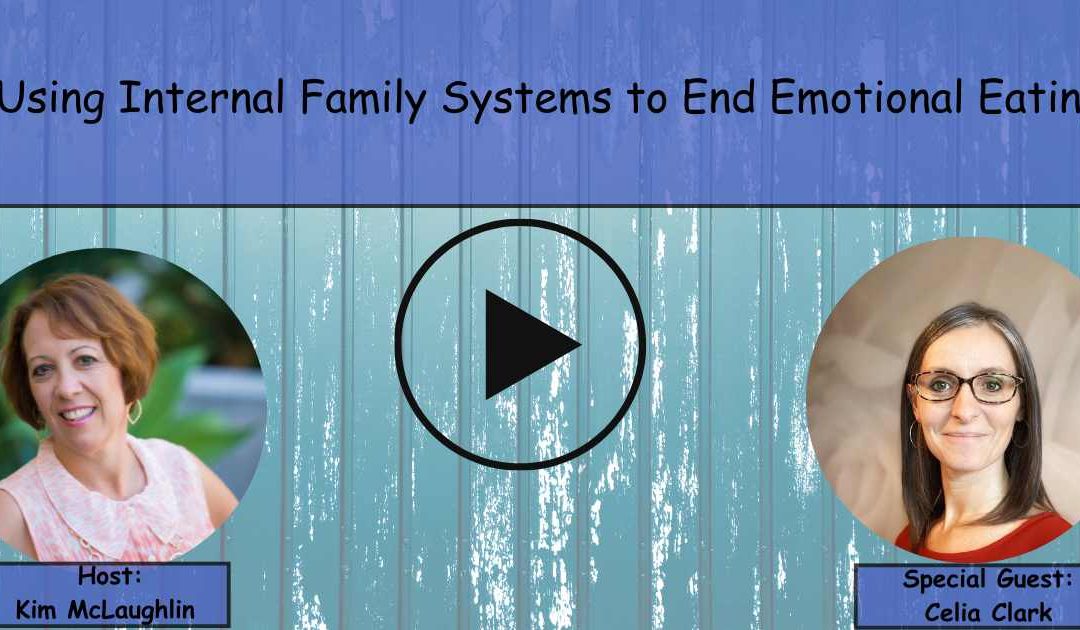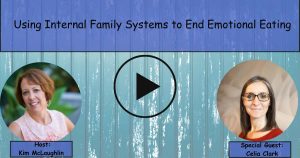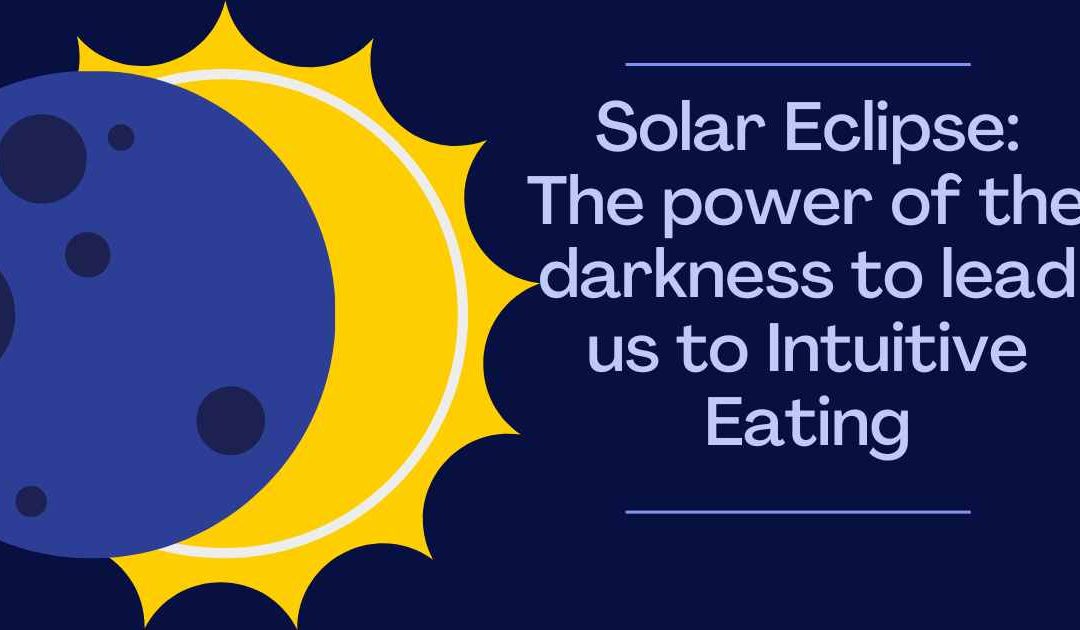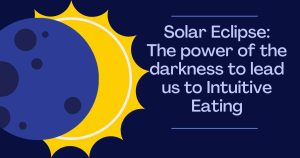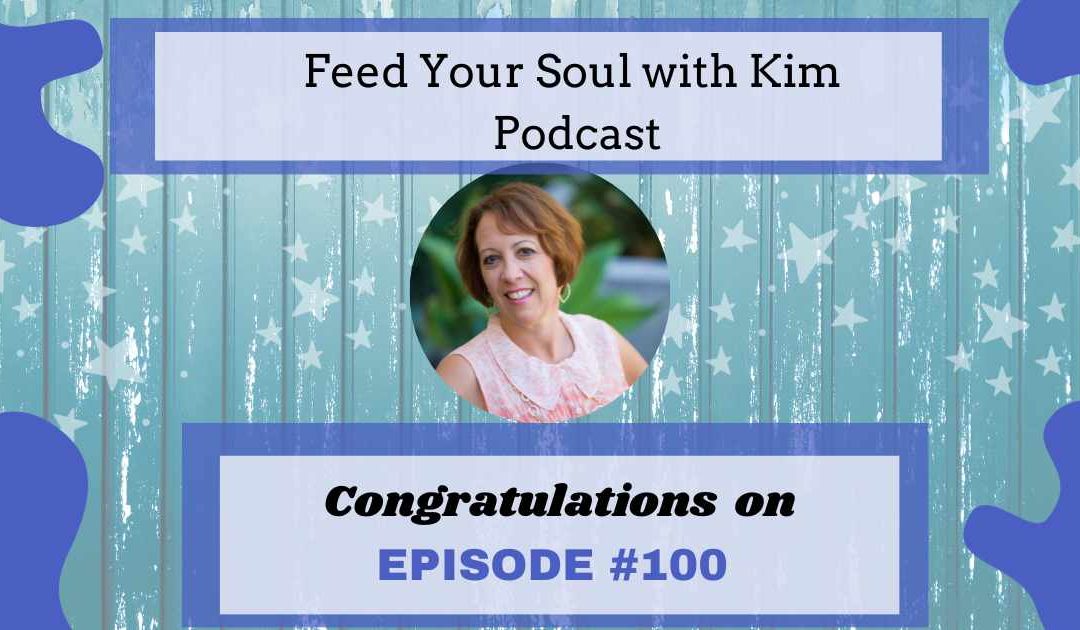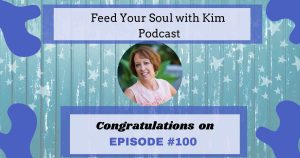
by KimMcLaughlin | Dec 17, 2024 | Eating Disorders, Holidays





Holiday survival skills are in demand as we navigate the busy and often stressful season.
Popular strategies being shared this year focus on maintaining physical health, managing emotions, and balancing social dynamics:
There are a lot of stressors whether you feel busy or not.
First, when we look at how to survive over the holidays determine how you will take care of your body.
Everyone knows it is important to take care of your body and that it can become complicated over the holiday season.
Here are some strategies to take care of your body this holiday season.
- Stay active in a way that works for you. Since it is the time of year when it is darker earlier, consider what activities you need to keep your body feeling good.
- Eat foodsthat work with your body. I like asking the question, what is your right food. Wonder to yourself if this food will give you the energy to do the things you need to do.
- Notice if you tend to try to restrict what you want to eat. This restriction can have the opposite effect and lead you towards binge eating. Recognizing there are special foods for this time of year can help you have the holiday foods that you want to have.
- Are you sleeping well or enough? Sleep is critical to your overall health. This time of year, we can have a varied sleep schedule due to activities. Look at how you can get your right amount of sleep.
Second, making sure you are focused on YOUR mental health and emotional wellness is a key to holiday survival.
The busy atmosphere can make us tend to override our mental health and emotional needs.
Try some strategies to help with keeping your emotional needs in mind.
- Acknowledging and addressing holiday-specific challenges, such as loneliness, grief, or dealing with family conflicts, can help maintain emotional well-being. These emotions can take a hold of us and affect how to maintain our balance.
- Try techniques like setting boundaries, practicing gratitude, or taking some space from others when you feel out of balance.
- If you feel too overwhelmed, seeking therapy can be helpful. Look for a qualified mental health therapist to help you if you are feeling down.
Third, evaluate what stress management skills you need for yourself this holiday season.
Here are some key tools to distress.
- Is your schedule overloaded? Try decluttering your schedule. What is your intention for this holiday season? What do YOU want to accomplish: rest, connecting with special people, taking a trip, or being active are some of the questions you can ask yourself.
- Evaluating what you need to let go of in your schedule can be valuable. You have permission to say no to people and activities that do not serve you this holiday.
- Prioritize your self-care can be life affirming. Ask yourself the question, what would bring me peace. What do you need to do for YOU? I ask myself these questions to help me practice more self-care.
- What is it you would like to do? Do you have a list of what you want to do this holiday season? I like using my Holiday Bucket list to determine my priorities
I write out my Holiday Bucket List every year. This is my list of what I want to do over the holiday season.
What are the things this holiday that you want to do? Here are some questions to guide you in the right direction.
- What foods you want to have?
- What foods do you want to make?
- What kind of activities would you like to do?
- Where would you like to go?
- What decorations do you want to put up.
- Do you desire some rest or more activities?
- What are crafts/decorating that bring you joy.
- Where would you like to go over this holiday season?
- What does this season mean to you and how can you embrace that?
- What are your spiritual needs? What can you do to support your spiritual needs.
I find it is helpful to take my list and put it in on my calendar.
Lastly look at the social and family dynamics playing out around you.
Determine what YOU need for yourself and preparing to ask for what you need can be critical.
- If you must manage challenging conversations- this can be the time to practice boundaries. I like coming up with my plan before the difficult conversation happens.
- Navigating differing values within families can be a concern over the holidays. It can be helpful to prepare your response to intrusive questions.
- I like planning neutral; inclusive activities can make gatherings smoother and there is less time for inappropriate statements from others.
- I like to pivot the conversation away from challenging topics, so I have some non-controversial topics prepared: weather, vacations, or sports.
- Being prepared to say, I don’t want to talk about this, is valuable. You can practice what you will say in advance. I like to ask the person bringing up a controversial topic- Why are you bringing this up? What is your intention? This helps you understand where they are coming from and set some limits.
- Who do you really want to spend time with? Who are the right people to spend time with? You deserve to spend time with people that are pleasant and enjoyable.
I encourage you to set yourself up for success. You are worthy of an enjoyable holiday.
Make this your time to connect with yourself and others that you truly care about.
Check out the Feed Your Soul with Kim Podcast where we talk about Holiday Survival Skills.
Kim McLaughlin, MA is a Psychotherapist, Speaker, Author, and Coach who specializes in working with people who suffer from binge eating and emotional eating. She is a Certified Intuitive Eating Counselor. She is the author of the best-selling book Feed Your Soul Nourish Your Life! A Six Step System to Peace with Food and the Amazon #1 Best Selling book Discovery Your Inspiration.
You can find Kim on her podcast Feed Your Soul with Kim and you can find it on all podcast platforms.
Wondering if you are an emotional eater? Sign up for the free Am I an Emotional Eater Quiz.

by KimMcLaughlin | Oct 31, 2024 | Binge eating, Holidays




Halloween used to be a tricky time for me, because of all the candy. I was always afraid I would overeat, gain weight and hate myself for it.
The aisles of colorful candy were hard for me to ignore, and my strategies for “managing” my candy intake became more elaborate each year.
If you’ve ever struggled with balancing holiday treats and Halloween candy, my story might sound familiar.
I transformed my mindset around candy—and you can too.
For years, I cycled through various strategies to avoid Halloween candy temptations:
- I bought candy and tried not to eat it!!!
The tactic of not buying candy never worked as planned! I’d buy a stash and vow to leave it alone until Halloween. Inevitably, I’d sneak a piece here and there until I had to replenish it. I would constantly think about the candy and feel compelled to eat it.
- I tried not buying candy at all.
My next strategy was to avoid buying it altogether. This strategy worked, because it was not in my house. I felt uncomfortable because I was avoiding dealing with candy. I wanted to feel comfortable with candy around AND not eat it all.
- Avoiding Trick-or-Treaters was one of my interesting plans.
For years I would go to the gym on Halloween night to avoid being home when trick-or-treaters came by. If I got home while they were still out, I would hide in my bedroom and keep all the lights off. I feared Halloween for all of the wrong reasons.
- Escaping to a Friend’s House
Some years. I would go to my friend’s house for the night to skip the candy stress. I thought if I just avoided the candy, I would be ok.
My husband LOVES to give out Halloween Candy.
I realized while I was dating my husband that he loves giving out Halloween candy to neighborhood kids.
Since he gave out candy and it was in the house, I realized I needed to come up with a different plan.
Next, when my daughter arrived, I knew it was time for a real change.
I found Intuitive Eating is the key component to heal my relationship with Halloween Candy.
Intuitive Eating showed me that food doesn’t have to be the enemy. I didn’t have to “manage” or “control” candy or any other foods. This idea was incredibly freeing, though it took some time to fully embrace.
Key Lessons in My Food Freedom Journey
There some components to help you understand how to use Intuitive Eating.
First, candy isn’t the enemy.
Realizing that there are no “bad” foods—even candy—was huge for me. Halloween candy wasn’t going to harm me, and I didn’t need to label it as something forbidden. When I take candy off of the “bad” list, it does not have power over me.
Second, fear and candy don’t have to go together.
Candy used to scare me because I feared losing control, gaining weight, or somehow “failing” my health goals. By letting go of these fears, I allowed myself to see candy as just candy. If I feel the fear, I focus on dealing with the fear NOT the candy.
Third, allowing myself to enjoy Halloween Candy.
Since I give myself permission to eat candy whenever I felt like it, removed its power over me. It was no longer a “special” or “forbidden” treat. It was just a choice, like any other. I have allowed myself to have candy throughout the year and it is not something special to be binged on at Halloween.
How you can begin your Own Journey Toward Candy Freedom???
If you’re working to make peace with candy (or any food), try these steps:
1. Challenge your thoughts about Halloween candy.
You can reflect on why candy feels scary.
- Are you worried about weight gain?
- Concerned about feeling out of control?
- Do you fear “unhealthy” eating?
I like to notice the emotions and thoughts that come up and journal about them. Through the journalling process, I can determine what the feels really mean to me. Once I can see/feel the feelings and determine what I need, then candy is not all powerful.
2. Explore your beliefs around candy
- What messages have you received about candy?
- Do you associate it with guilt?
- Question where these ideas came from and whether they still serve you.
As you explore your beliefs about candy you can see if they are true or not.
If you were approaching candy with kindness rather than fear, what would that look like? Remember, self-restriction doesn’t work in the long term. True balance means allowing yourself to have candy without guilt.
When you choose to eat candy, do it mindfully.
- Savor the taste of the candy.
- Enjoy the experience of the Halloween candy.
- Do you like the taste?
- Is there a point where it does not taste good anymore?
You might find that, over time, candy becomes far less of a big deal.
Now, I happily give out candy to our neighborhood kids. When my daughter returns with her Halloween haul, I can share a piece without the slightest worry.
Candy is just another food, and Halloween is just one day.
If you’re tired of feeling out of control around candy, know that there’s hope. You, too, can find food freedom. By rethinking your relationship with candy, you can make Halloween (and every day) a little sweeter. 🎃🍬
Kim McLaughlin, MA is a Psychotherapist, Speaker, Author, and Coach who specializes in working with people who suffer from binge eating and emotional eating. She is a Certified Intuitive Eating Counselor. She is the author of the best-selling book Feed Your Soul Nourish Your Life! A Six Step System to Peace with Food and the Amazon #1 Best Selling book Discovery Your Inspiration.
You can find Kim on her podcast Feed Your Soul with Kim and you can find it on all podcast platforms.
Wondering if you are an emotional eater? Sign up for the free Am I an Emotional Eater Quiz.

by KimMcLaughlin | May 7, 2024 | Emotional Eating





I had the pleasure of interviewing a special guest, Celia Clark, on the Feed Your Soul with Kim podcast!
Celia Clark is a food and body image specialist from Scotland. Celia brings a fresh perspective to our discussion by introducing the concept of Internal Family Systems (IFS) and its profound impact on our relationship with food and nourishment.
Understanding Internal Family Systems:
Internal Family Systems (IFS) is a therapeutic model that recognizes that we are made up of different parts, each with its own intentions and desires.
In the context of our relationship with food, these parts can manifest as:
- Urges to restrict food.
- Internal drive to binge on food.
- Engage in other behaviors that distress us around food or not around food.
Unlike traditional approaches that demonize these behaviors (parts), IFS treats them as solutions to unmet needs.
Celia Clark shares her personal experience, highlighting the positive intentions behind these parts. For instance, the part focused on restriction seeks to keep us physically small to avoid judgment and shame.
The part driving binge eating attempts to meet unmet needs for connection, comfort, and escape.
By understanding and connecting with these parts, we can build safety and trust within ourselves, healing the shame-based wounds that drive our challenges with nourishment.
Recognizing the Impact of overeating on Body Image
Body image is often a significant factor in our relationship with food and ourselves. Celia emphasizes that body image struggles are driven by specific parts within us. By recognizing these parts, we can explore their intentions and begin to cultivate self-compassion.
In Internal Family Systems we are asked to get curious about the intention of the part.
- What is this part trying to communicate about my body?
- What is this part struggling with?
- Is there something important I need to know?
Cultivating Nourishment Beyond Food
Nourishment extends far beyond what we eat. It encompasses how we care for ourselves in all aspects of life. Celia highlights the importance of being open to both receiving and offering nourishment.
Physical nourishment in terms of paying attention to our physical needs is critical:
- Rest: be VERY mindful of your body’s need to rest.
- Movement by engaging in types of movement celebrate you.
- Clothing that reflects your body’s needs (i.e. fits well).
- Nourishing foods
Emotional and Social nourishment is so valuable:
- Increase self-worth.
- Expressing needs clearly.
- Practice healthy boundaries.
- Soul satisfying relationships.
Embracing Curiosity and Validation
Curiosity is a crucial first step in the IFS process. By getting curious about our urges and behaviors, we can begin to understand the underlying needs and intentions of our parts.
Celia suggests journaling and self-reflection as tools to explore these aspects of ourselves. Validation plays a vital role in this process as well. By validating our experiences and emotions, we create a compassionate space for healing and growth.
Becoming the Internal Loving Parent
As we engage with our parts, it is essential to adopt the role of the internal loving parent. This means offering ourselves compassion, understanding, and support. Just as we would nurture and care for a young child, we can provide the same kind of love and care to our parts. By developing this nurturing relationship, we can meet the needs of our parts and alleviate the behaviors that no longer serve us.
The Transformative Power of Internal Family Systems
Internal Family Systems offers a radical shift in how we approach our relationship with food and ourselves. By focusing on the intentions and needs of our parts, rather than external factors like calories or body size, we can create a more compassionate and healing environment. This approach empowers us to address the root causes of our challenges with nourishment, leading to lasting change and a healthier, more holistic relationship with food.
Lastly, as we cultivate curiosity, validation, and self-compassion, we create a space for healing and growth. Internal Family Systems offers a powerful framework for transforming our relationship with food and nourishing our souls, empowering us to live a life of self-acceptance and well-being.
Celia Clark and Internal Family Systems:
If you resonate with the concepts discussed in this podcast episode, there are several ways you can explore Internal Family Systems further.
Celia Clark offers one-on-one sessions, group work, and online courses to support individuals on their healing journey. You can find more information on her website, including free resources to dive deeper into this transformative approach. https://www.celiaclark.online/
 Kim McLaughlin, MA is a Psychotherapist, Speaker, Author, and Coach who specializes in working with people who suffer from binge eating and emotional eating. She is a Certified Intuitive Eating Counselor.
Kim McLaughlin, MA is a Psychotherapist, Speaker, Author, and Coach who specializes in working with people who suffer from binge eating and emotional eating. She is a Certified Intuitive Eating Counselor.
She is the author of the best-selling book Feed Your Soul Nourish Your Life! A Six Step System to Peace with Food and the Amazon #1 Best Selling book Discovery Your Inspiration.
You can find Kim on her podcast Feed Your Soul with Kim and you can find it on all podcast platforms.
Wondering if you are an emotional eater? Sign up for the free Am I an Emotional Eater Quiz.

by KimMcLaughlin | Apr 16, 2024 | Intuitive Eating





Did know the Solar Eclipse can give us some incredible insights into Intuitive Eating?
Recently, I started to hear about the solar eclipse. Friends of mine traveled to another state just to be in the path of the solar eclipse! I found the on-line Solar Eclipse tracker on-line and tracked its trajectory.
What is a Solar Eclipse?
Solar eclipses occur when the moon passes between the sun and Earth, casting a shadow on our planet. This alignment is a powerful reminder of the intricate dance between different elements in our lives. Just as the moon temporarily obscures the sun’s light, we may experience moments of darkness or struggle in our journey towards intuitive eating and body acceptance.
However, it is important to remember that these moments are transient, just like a solar eclipse. The sun always emerges from behind the moon, shining its light once again.
Similarly, we have the capacity to overcome challenges and emerge stronger in our relationship with food and our bodies.
There is a symbolism of Darkness and Light in overeating!
As in the Solar Eclipse, overeating can lead to a darkness that momentarily envelops us (feeling bad about ourselves). This darkness represents the shadows we often face in our relationship with food – feelings of guilt, shame, or restriction.
However, just as the sun eventually emerges from behind the moon, so too can we find light amidst these shadows.
Intuitive eating encourages us to embrace all aspects of our relationship with food without judgment or restriction. By acknowledging and accepting our dark moments, we can learn from them and pave the way for a more balanced and nourishing approach to eating.
I became even more interested in the power of the Solar Eclipse when my friend, Teresa Campos, offered her community a workshop on the symbolism of the Solar Eclipse. She told us when the moon is between the sun and earth it creates a shadow, which gives us an opportunity to see what shadows are showing up for ourselves. This workshop made me think further about the shadows in our lives around food, overeating and body image.
What are the Shadows in your life with food, body image and overeating?
- Where am I struggling with food?
- How do I struggle with my body image?
- Where is there the lack of forgiveness?
- Is there anger at myself or others?
These questions led me to inquire more about what I needed in my life.
The shadows are the undiscovered parts of us that are wanting to break through. The darkness of the eclipse is a metaphor to what shadows are going on in me. I can then move through it and the sun shines fully again.
Embracing Change: Lessons from the Transitory Nature of Solar Eclipses.
One of the most remarkable aspects of a solar eclipse is its transitory nature. It serves as a powerful reminder that change is inevitable and necessary for growth.
In our journey towards intuitive eating and body acceptance, we may encounter changes in our habits, beliefs, and perceptions.
Just like the moon moving across the sun, these changes can be transformative if we embrace them with an open mind and heart. By letting go of old patterns that no longer serve us, we create space for new experiences and a deeper connection with ourselves.
Here are some questions to start wondering about that deeper connection:
- Where is there some darkness in my life?
- What change is calling me?
- Where is my support to make this change?
Finding Balance: Exploring the Relationship Between Sun and Moon in Body Acceptance.
The relationship between the sun and moon during a solar eclipse teaches us about balance. The sun represents our desire for warmth, nourishment, and vitality, while the moon symbolizes our emotions, intuition, and inner world.
Similarly, body acceptance requires finding equilibrium between honoring our physical needs and nurturing our mental well-being. Just as the sun and moon complement each other’s existence, we too can find harmony by embracing both aspects of ourselves – our bodies and minds – in our journey towards self-acceptance.
The Power Within: Using Intuitive Eating to Navigate Challenges.
As we witness the power of a solar eclipse, we are reminded of the immense energy within us waiting to be harnessed.
There are many tools to guide us on this path.
- Looking through a positive lens (seeing the light).
- Practicing self-compassion (honoring our value).
- Building resilience (making pivots to increase our self-esteem).
We can navigate challenges with grace and strength. Just as the moon aligns perfectly with the sun during an eclipse, we too can align our thoughts and actions with our goals for intuitive eating, body acceptance, and mental well-being.
Reflecting on the lessons learned from solar eclipses, what can you apply to your own journey towards intuitive eating, body acceptance, and mental well-being?
- Take a moment to journal or meditate on what changes you are ready to embrace and how you can find balance in your relationship with food and your body.
- Consider seeking support from professionals or joining a community that aligns with your goals for further guidance and encouragement. You can join us in the Feed Your Soul Communityon Facebook.
- We would love for you to join us in Emotional Eating Solutions, our course to help you move into peace with food through Intuitive Eating.
Kim McLaughlin, MA is a Psychotherapist, Speaker, Author, and Coach who specializes in working with people who suffer from binge eating and emotional eating. She is a Certified Intuitive Eating Counselor. She is the author of the best-selling book Feed Your Soul Nourish Your Life! A Six Step System to Peace with Food and the Amazon #1 Best Selling book Discovery Your Inspiration.
You can find Kim on her podcast Feed Your Soul with Kim and you can find it on all podcast platforms.
You can learn more about Teresa Campos at https://teresacampos.com/
Wondering if you are an emotional eater? Sign up for the free Am I an Emotional Eater Quiz.

by KimMcLaughlin | Nov 7, 2023 | Emotional Eating





In honor of the 100th episode of the Feed Your Soul with Kim Podcast, we asked our community (all of you) to submit your questions. Let’s see what you all want to know.
1) What are your thoughts on intermittent fasting?
This question is very timely with the rise of intermittent fasting.
These are two different approaches to eating.
First, intuitive eating is all about tuning in to your body’s natural signals and cultivating a healthy relationship with food.
Intuitive eating encourages you to listen to your hunger and fullness cues, honor your cravings, and find pleasure in eating.
It’s a mindful and flexible approach that emphasizes self-compassion and body acceptance.
On the other hand, intermittent fasting involves cycling between periods of eating and fasting. This method has gained popularity for its reported potential benefits. However, it’s important to examine intermittent fasting through an intuitive eating lens to understand its compatibility with this mindset.
From an intuitive eating perspective, it’s crucial to consider the underlying motivations behind utilizing intermittent fasting.
- Are you doing it to listen to your body’s needs?
- To feel more connected to your hunger and fullness signals?
- Or are you using it as a tool for restriction or weight control?
The problem with intermittent fasting is it requires you eat during a certain time block, say 8 hours during the day and then not eat for 16 hours.
Some individuals may naturally gravitate to a time-restricted eating pattern, based on their hunger/fullness.
Intuitive eating promotes individualization and flexibility.
You are encouraged to trust your body’s wisdom rather than adhering strictly to external rules or prescribed eating patterns.
I ask my clients to consider the questions:
- Does this feel like a diet?
- Are you restricting food?
- Do you eat when you are hungry?
An action step is to take a deep breath and listen to your body’s wisdom for what you need next.
What feels intuitively right for you?
It takes trust and embracing your own needs and values not based on a societal norm of restriction.
2) How can I have a day-to-day approach to my relationship with food focused on living life versus weight loss?
Imagine that you can wake up every day feeling empowered AND embrace food. To have the ability to make food choices from the needs of your body, rather than relying on what a diet guru tells you to do. Have a sense of peace in your relationship with food.
First, let’s look at breaking away from constant dieting and embrace a new perspective. I know this takes work, but there is a need to end the pursuit of weight loss and instead, focus on nourishing your body, listening to your body’s cues and look for food satisfaction.
This is a mindset shift that begins to lead you to food freedom.
Intuitive eating encourages you to trust your body’s innate wisdom.
Instead of rigid meal plans or calorie counting, listen to your hunger and fullness signals.
Take a moment to pause and ask yourself,
- Am I hungry?
- What foods would truly satisfy my cravings?
- How can I honor my body’s signals and cue to eat?
Second, let’s look at food pleasure. Food is meant to be enjoyed, savored, and celebrated. Give yourself permission to experience and enjoy the flavors, textures, and aromas of food.
A simple question to ask is, “Am I enjoying this food?”
Incorporating intuitive eating into your life takes a mindful approach. This can seem like a daunting task since others often discuss their latest diet.
Here are some ideas to incorporate intuitive eating:
- Surround yourself with a supportive community that champions intuitive eating.
- Seek out resources, books, or podcasts that inspire and educate you about intuitive eating.
- Get a supportive counselor, coach or registered dietitian who specializes in intuitive eating, guiding you on your journey towards food freedom.
It is critical to remember that this is not an overnight fix.
You do have the power to eat intuitively and enjoy your relationship with food.
3) “How can I reframe my ideas about food and nourishment to make overall well-being a priority rather than weight loss?”
It can be tough to look at food as nourishment when we are often taught to limit food and calories. It is a bold step to look at food as nourishment and part of our overall wellness (without restricting).
Start by appreciating the nourishment provided, the energy it instills, and the pleasure it brings to taste buds. It’s time to shift our focus from numbers on a scale to determine what health and wellness might look to each of us.
How do we start this movement from weight loss to food as nourishment?
Ask yourself…
- How can I honor my body, nurture it with nourishing foods that support my well-being?
- How can I savor each bite, finding joy in the flavors and textures that bring me happiness?
- How can I support myself fully mind/body/spirit?
It’s through these inquiries that we pave the way for a new, empowering perspective.
Start by challenging the status quo of diet culture. The diet industry makes a lot of money off us being brainwashed that we must be a certain weight to be accepted, healthy, and worthy.
Let’s get into action by examining your relationship to dieting, diets, and weight loss.
How did you get to the spot?
This self-reflection can lead you to question more of your mindset around food AND what you have been taught.
When we were little, we knew what to eat, how much, and when. We lost track of this inner knowledge a long time ago. Dieting takes us out of this inner knowing.
I know it can feel scary to think of being on your own with food. Seek out support. You do not have to do this alone.
4) What is intuitive eating and how can it help me develop a healthier relationship with food?
Intuitive eating is not another diet fad or quick fix. It’s a totally different way of looking at food, weight, bodies, emotions, and mindset around food.
Truthfully, it is about listening to your body’s internal cues, utilizing your body’s hunger and fullness signals, and making food choices from a place of what you really need.
First, intuitive eating is not restrictive, and it relies on your ability to determine your body needs at any point in time.
It can be scary to trust your body’s signals, pleasure, and satisfaction.
We tune inside of ourselves to listen to physical hunger and emotional hunger. We, also, tune into what foods will satisfy us.
The goal is to heal your relationship with food, by ending shame/guilt and the cycle of restriction and binging.
Second, intuitive eating is not just about the food; it is about your whole being: mind, body, and spirit. It’s a transformative journey that ripples into every aspect of your life.
Third, the path to intuitive eating is to:
- Start listening to your body.
- Follow your body’s signals.
- Release external rules.
- Look for a supportive group that embraces intuitive eating.
Remember, we are looking for a relationship with food that is nourishing, peaceful, and totally free from guilt.
It is important to consult with a qualified healthcare professional or registered dietitian who can guide you in making informed decisions about your eating habits. They can help you navigate the potential benefits and considerations of intermittent fasting and how it aligns with your overall well-being goals.
Kim McLaughlin, MA is a Psychotherapist, Speaker, Author, and Coach who specializes in working with people who suffer from binge eating and emotional eating. She is a Certified Intuitive Eating Counselor. She is the author of the best-selling book Feed Your Soul Nourish Your Life! A Six Step System to Peace with Food and the Amazon #1 Best Selling book Discovery Your Inspiration.
You can find Kim on her podcast Feed Your Soul with Kim and you can find it on all podcast platforms.
Wondering if you are an emotional eater? Sign up for the free Am I an Emotional Eater Quiz.
